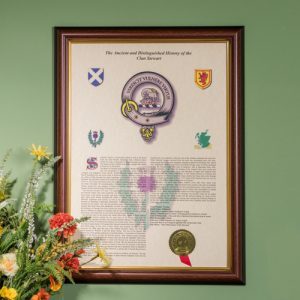Your basket is currently empty!

Welsh Surnames
Posted on
Welsh surnames and their history are fascinating topics. Do you have a Welsh surname? If so, then read on to discover more.
Where Welsh surnames originate.
Wales has a rich history, and its names reflect this. The use of surnames in Wales became widespread in the 16th century, but it wasn’t until the 19th century that the practice became universal. Each name can provide clues about a person’s family history, as well as their geographic origins in Wales. Many are derived from personal names, occupations, and locations. For example:
Personal Names:
Many Welsh surnames are derived from personal names, such as “Jones” (from “John”), “Evans” (from “Ifan”), “Davies” (from “Dafydd”), and “Morgan” (from “Morcant”).
Occupations:
These often reflect occupations. For example, “Smith” (from “Gofynnwr” meaning “asker” or “inquirer”), “Cooper” (from “cwpwrdd” meaning “cupboard maker”), and “Weaver” (from “gwehydd” meaning “weaver”).
Locations:
Many Welsh surnames are also derived from locations. For example, “Powell” (from “ap Howell” meaning “son of Howell”), “Rhys” (from “ap Rhys” meaning “son of Rhys”), and “Lloyd” (from “llwyd” meaning “grey,” indicating a person who lived near a grey stone or hill).
Prefixes:
Interestingly, many Welsh surnames include the prefix “ap” or “ab,” meaning “son of.” For example, “Price” (from “ap Rhys”), “Pryce” (from “ap Rice”), and “Pritchard” (from “ap Richard”).
Welsh surnames are frequently derived from patronymic or matronymic systems, which is when the suffix ‘-s’ is added to the father’s or mother’s first name. For example, if a man named Evan has a son the son’s surname would be Evans. Names often include the prefix “ap” or “ab”, which means “son of”. For example, the surname “ap Rhys” means “son of Rhys”.

Is your Welsh surname one of the most popular?
The most common are Jones, Williams, Davies, Evans, and Thomas. Do you have one one of these surnames? Have you ever researched your own family history? We’d love to know! Many Welsh surnames have been anglicized over time, often due to the influence of English speakers or the need to conform to English naming conventions. For example, the Welsh surname “Llywelyn” became “Lewis” in English.
A few other interesting points
Welsh surnames often have meanings that reflect the language and culture of Wales, such as “Morgan” (sea-born) or “Gwyn” (white or fair).
Welsh surnames are often used as first names in Wales, such as “Gareth”, “Rhys”, and “Dylan”.
In some parts of Wales, it is still common for people to use their patronymic surnames rather than a fixed family name.

I hope you found this brief introduction to Welsh surnames and their history interesting! Please tell us your Welsh name! We will likely have its history on our database, and you’ll be able to order a copy here.

Leave a Reply